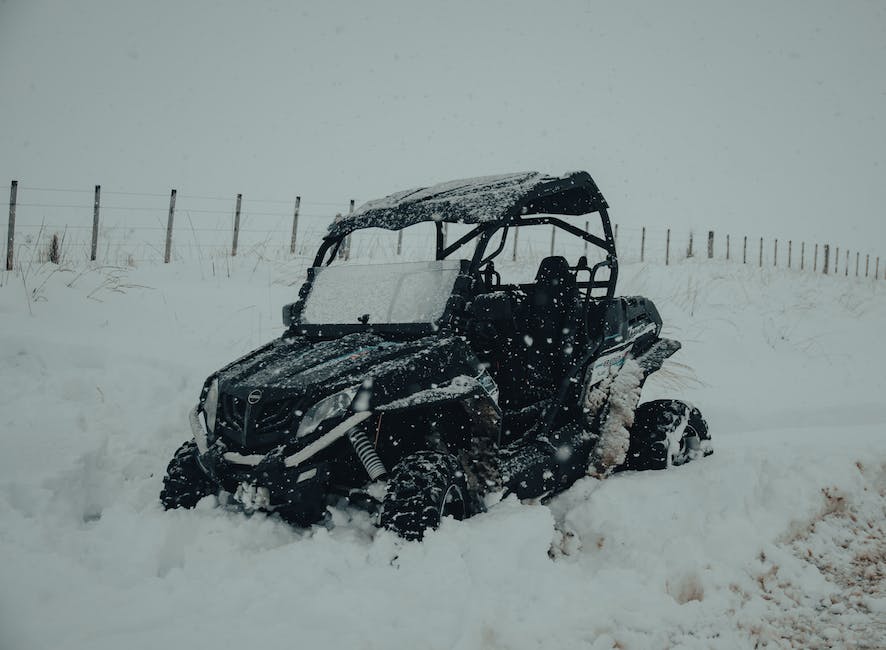Car seat safety is an important topic that every parent should be aware of. Car accidents are a leading cause of death and injury among young children, and using the appropriate car seat can greatly reduce the risk of injury or death. The state of North Carolina has specific car seat laws that parents need to be aware of in order to keep their children safe.
Types Of Car Seats
There are several types of car seats that parents can use to keep their children safe while traveling in a car. The different types of car seats are based on the child's age, weight, and height.
Rear-Facing Car Seats
Rear-facing car seats are designed for infants and young children. They are designed to protect the child's head, neck, and spine in the event of a crash. It is recommended that children remain in a rear-facing car seat until they are at least two years old.
Forward-Facing Car Seats
Forward-facing car seats are designed for older children who have outgrown their rear-facing car seats. They are designed to protect the child's head and upper body in the event of a crash. It is recommended that children remain in a forward-facing car seat until they are at least four years old.
Booster Seats
Booster seats are designed for older children who have outgrown their forward-facing car seats. They are designed to elevate the child so that the seat belt fits properly. It is recommended that children remain in a booster seat until they are at least eight years old.
Seat Belt-Positioning Booster Seats
Seat belt-positioning booster seats are designed for older children who have outgrown their booster seats. They are designed to position the seat belt so that it fits properly. It is recommended that children use a seat belt-positioning booster seat until they are at least 4 feet 9 inches tall.
NC Car Seat Laws
The state of North Carolina has specific car seat laws that parents need to be aware of in order to keep their children safe. These laws are based on the child's age, weight, and height.
Rear-Facing Car Seat Law
North Carolina law requires that children under the age of two be secured in a rear-facing car seat. The car seat should be placed in the back seat of the car, and the child should be secured in the car seat using the harness straps.
Forward-Facing Car Seat Law
North Carolina law requires that children under the age of eight and weighing less than 80 pounds be secured in a forward-facing car seat. The car seat should be placed in the back seat of the car, and the child should be secured in the car seat using the harness straps.
Booster Seat Law
North Carolina law requires children who have outgrown their forward-facing car seat to be secured in a booster seat. The child should remain in the booster seat until they are at least eight years old or 80 pounds. The booster seat should be placed in the back seat of the car, and the child should be secured in the booster seat using the seat belt.
Seat Belt Law
North Carolina law requires that all occupants of a vehicle be secured using a seat belt. Children who have outgrown their booster seat should use a seat belt-positioning booster seat until they are at least 4 feet 9 inches tall. After that, they should use a seat belt that fits properly.
Exceptions To The Law
There are some exceptions to the North Carolina car seat laws. These include:
-
Children are being transported in a vehicle for hire, such as a taxi or bus.
-
Children who have a medical condition that makes it impossible to use a car seat or seat belt.
-
Children who are riding in a vehicle that does not have seat belts, such as a vintage car.
Common Mistakes To Avoid
Even with the best intentions, parents can make mistakes when it comes to car seat safety. Here are some common mistakes to avoid:
Incorrect Installation
-
The car seat is not installed tightly enough.
-
The car seat is installed at the wrong angle.
-
The harness straps are not adjusted correctly.
Using An Expired Or Damaged Car Seat
-
Car seats have an expiration date, and using an expired car seat can be dangerous.
-
Car seats can also be damaged in a crash, so it's important to replace the car seat if it has been involved in an accident.
Incorrect Usage
-
The harness straps are not snug against the child's body.
-
The chest clip is positioned too low on the child's chest.
-
The child is not seated upright in the car seat.
Resources For Parents
There are many resources available for parents who want to learn more about car
seat safety. Here are some local and national resources:
Local Resources
-
Safe Kids North Carolina: This organization offers car seat checks and installation assistance across the state.
-
North Carolina Department of Transportation: This website provides information on the state's car seat laws and offers resources for parents.
-
Local fire departments: Many fire departments offer car seat checks and installation assistance.
National Resources
-
National Highway Traffic Safety Administration: This website provides information on car seat safety, including how to choose the right car seat and how to properly install a car seat.
-
American Academy of Pediatrics: This organization provides information on car seat safety and offers recommendations for parents.
-
Safe Kids Worldwide: This organization offers resources and information on car seat safety.
Takeaway On NC Car Seat Laws
Car seat safety is an important topic that every parent should be aware of. By understanding the different types of car seats, the NC car seat laws, and proper installation and usage tips, parents can help keep their children safe while traveling in a car.
If you wish to be aware of what to do after you've been in a car accident, check out our free resource here at Keep Driving.







